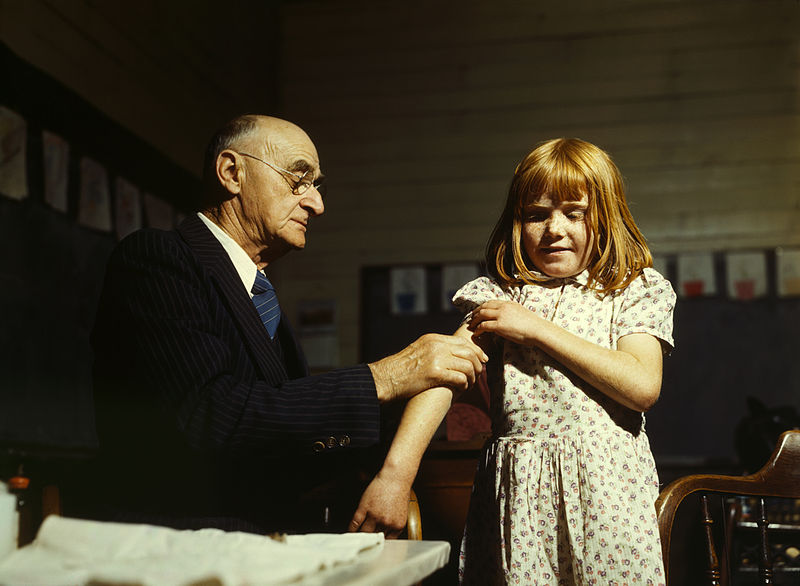|
Pneumonia - Symptoms and causes - Mayo Clinic
Pneumonia is an infection that inflames the air sacs in one or both lungs. The air sacs may fill with fluid or pus (purulent material), causing cough with phlegm or pus, fever, chills, and difficulty breathing. A variety of organisms, including bacteria, viruses and fungi, can cause pneumonia.
Pneumonia - Diagnosis and treatment - Mayo Clinic
Pneumonia — Learn about the symptoms, causes and treatment of this serious lung infection.
Pneumonia Guide: Causes, Symptoms and Treatment Options
Pneumonia - an easy to understand guide covering causes, diagnosis, symptoms, treatment and prevention plus additional in depth medical information.
Pneumonia - World Health Organization (WHO)
Pneumonia is an infection of the lungs that is most commonly caused by viruses or bacteria. These infections are generally spread by direct contact with infected people. Pneumonia affects children and families everywhere, but is most prevalent in South Asia and sub - Saharan Africa. Pneumonia can be prevented with simple interventions and treated with low-cost, low-tech medication and care.
Pneumonia in children - World Health Organization (WHO)
WHO fact sheet on pneumonia in children provides key facts and information on causes, presenting features, economic costs, treatment, prevention and WHO response.
Pneumonia - What You Need to Know - Drugs.com
Pneumonia Medically reviewed by Drugs.com. Last updated on Nov 2, 2025. Care notes Aftercare Ambulatory Discharge Inpatient Español Overview Risks Symptoms Diagnosis Treatment Prevention What is pneumonia? Pneumonia is an infection in your lungs caused by bacteria, viruses, fungi, or parasites. You can become infected if you come in contact with someone who is sick. You can get pneumonia if ...
Neumonía - Síntomas y causas - Mayo Clinic
Neumonía: conoce los síntomas, causas y tratamiento de esta grave infección pulmonar.
Walking pneumonia: What does it mean? - Mayo Clinic
Walking pneumonia is a mild bacterial infection that resembles a cold. It usually does not require bed rest or a hospital stay.
Prevnar 20 vs Pneumovax 23: Which vaccine is right for you?
Which pneumonia vaccine should I have? Prevnar 20 can be used by patients 6 weeks and older, including patients 65 and older, whereas Pneumovax 23 is mainly used by patients 50 years and older.
Neumonía - Diagnóstico y tratamiento - Mayo Clinic
Neumonía: conoce los síntomas, causas y tratamiento de esta grave infección pulmonar.
|






